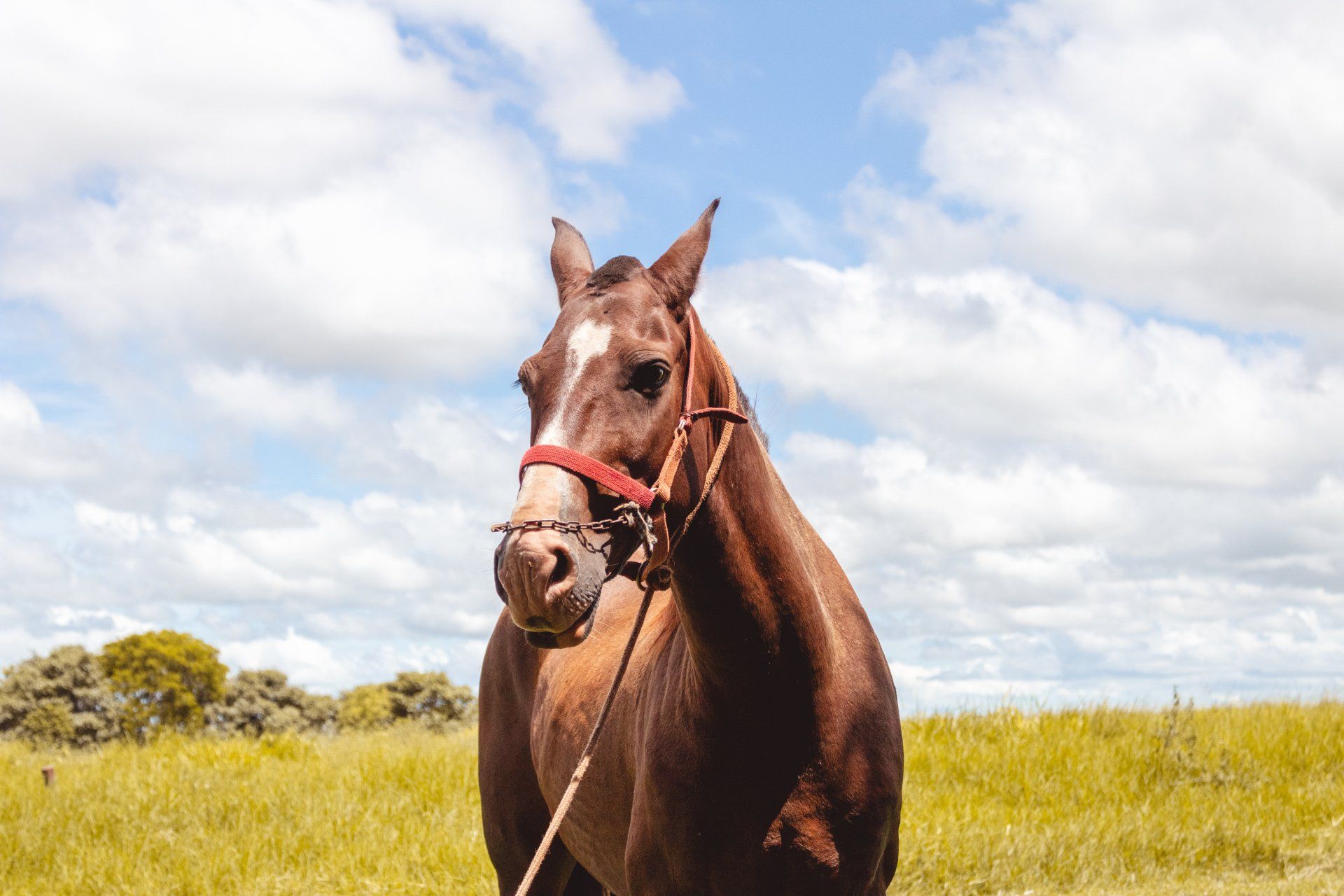Hypothyroidism
Low Thyroid Hormone in Equines and Canines
What is hypothyroidism?
Let's start with the basics. The prefix "Hypo" means low. Perhaps obvious, but the thyroidism refers to the thyroid gland. So putting the two words back together, yields the definition of hypothyroidism- low thyroid hormone.
Hypothyroidism is a condition that is mainly seen in dogs and horses. The opposite condition, hyperthyroidism, occurs in cats. (Incidentally, both conditions can occur in humans. I believe that hypothyroidism is more common in people, but we are not a human medical resource)
What are the clinical signs and symptoms?
(Note that the clinical signs that are in italics apply to both species, equine and canine)
- Weight Gain
- Decreased activity levels
- Mental Dullness
- Increased drinking (polydypsia)
- Increased Urinating (Polyuria)
- Hair loss or excessive shedding
- Slow or absent hair growth following clipping (following surgery, grooming or show clipping)
- Poor hair coat
- Dry skin coat
- Cold intolerance (seeking out the heat in winter)
- Darkly colored skin that was previously lighter in color
- Recurrent skin infections
- Seizures (rarely)
- Infertility (rarely seen in dogs since the majority are spayed or neutered)
How is this condition detected or diagnosed?
The most common test for hypothyroidism is the Tyroxine test, often referred to as a T4 screening. There are additional tests that may aide in the definitive diagnoses. This includes a thyroid panel; which tests T4, free T4, T3 and thryois stimulation hormone (TSH)
Can it be treated?
Since hypothyroidism is a very common condition that we see in everyday practice, it is very fortunate that most dogs and horses respond really well to thyroid supplementation with levothyroxine. This is a twice a day pill for dogs, or a twice a day granule for horses. Animals that respond to treatment typically have a very good quality of life, with most clinical signs resolving completely.
For more information, please contact us at (330) 682-2971
Article written and published by Dr. Fink
(Please note that hypothyroidism in horses is not as common as many would think. the most common screening test, the T4, is a decent screening test. Oftentimes, a more thorough thyroid panel is required)












